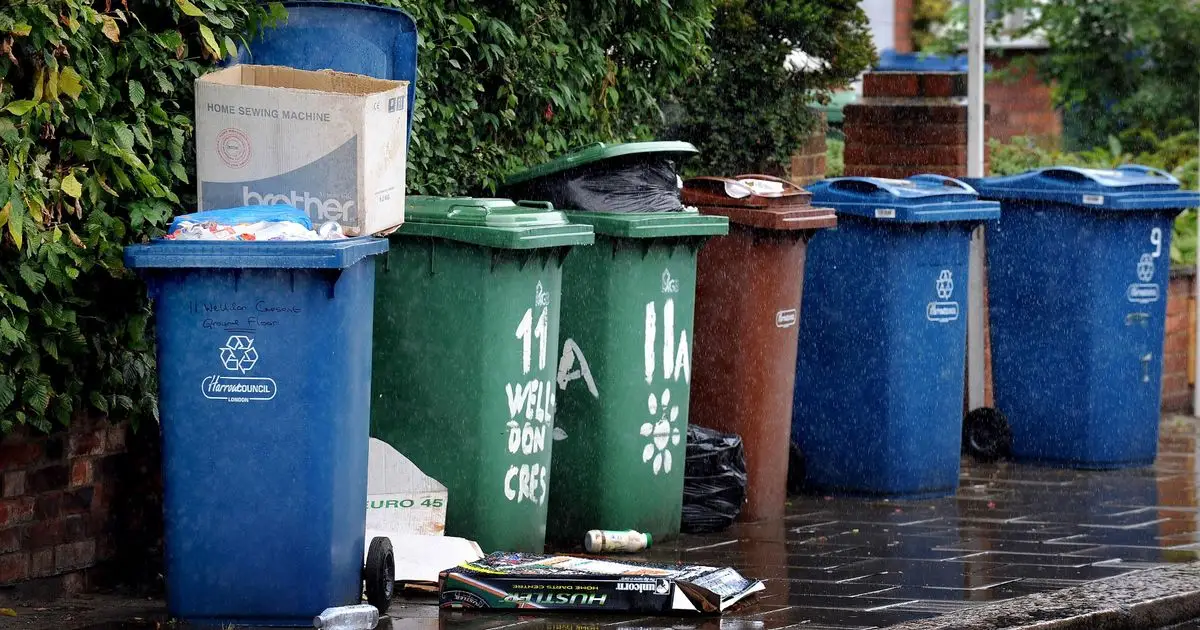England to Implement Major Recycling Changes by 2026
England will introduce new recycling measures by March 31, 2026, requiring weekly food waste collections and four separate waste containers for households. The goal is to boost recycling rates and reduce waste across the nation.
Starting March 31, 2026, significant changes will take place in recycling and bin collections across England. Under the Simpler Recycling in England plan, all local councils will be required to implement new measures to improve recycling efficiency and reduce waste. These changes will affect every household in the country.
The key components of the plan include weekly food waste collections for most homes, as well as the introduction of four distinct waste containers for the following categories: residual (non-recyclable) waste, food waste (mixed with garden waste if appropriate), paper and card, and all other dry recyclable materials such as plastic, metal, and glass. Councils will also be required to collect soft plastic packaging like bags, wrappers, and pouches, which can be processed into new products.
The reforms aim to address England's stagnant recycling rate, which has remained at approximately 44-45% since 2015. The goal is to significantly boost recycling rates and reduce greenhouse gas emissions, contributing to a cleaner and more sustainable environment. The ultimate aim is to recycle 65% of municipal waste by 2035 and achieve savings equivalent to £11.8 billion in greenhouse gas emissions.
The timetable for these changes is as follows: by March 31, 2025, businesses and non-domestic premises will need to arrange for the collection of core recyclable waste streams (excluding garden waste), while micro-firms will have until March 31, 2027, to comply. By March 31, 2026, local authorities will be required to collect recyclable waste from all households, and by March 31, 2027, kerbside plastic film collections will be introduced for both households and businesses.
Local authorities will ensure that no unpleasant waste accumulates at kerbside, addressing specific needs like medical waste and ensuring the new systems do not lead to an increase in fly-tipping. This change will standardize recycling across England, so households and businesses will no longer need to check their local recycling rules.
Environment Secretary Steve Reed highlighted the initiative's role in transforming the nation's economy, ensuring resources are used more sustainably and driving cleaner streets and a healthier countryside. By simplifying recycling rules for workplaces, the government aims to reduce costs, increase environmental benefits, and foster economic growth through the circular economy.
Mary Creagh, the Minister for Circular Economy, emphasized that the goal of the Simpler Recycling initiative is to end the 'throwaway society' and drive long-term growth. The changes are seen as a practical and sensible approach to recycling that will benefit businesses, residential homes, and institutions such as schools and hospitals.
As of March 31, the Environment Agency will regulate the Simpler Recycling plan, helping businesses navigate their new responsibilities and ensure compliance with the regulations. The government's broader commitment is to move towards a circular economy, where resources are kept in use for longer, waste is minimized, and the path to net zero is accelerated.
The government has also identified five key sectors—textiles, transport, construction, agri-food, and chemicals and plastics—as priorities for the Circular Economy Taskforce, which will drive further change and innovation in recycling practices.













Comments